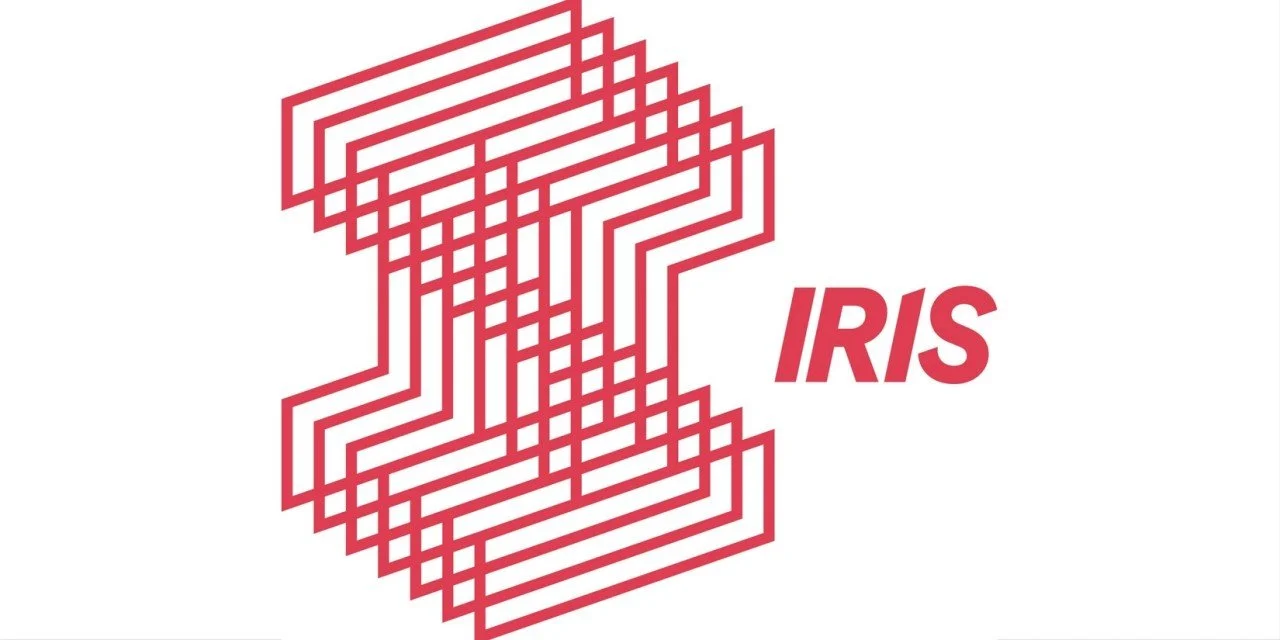Fostering Open Inclusion & Belonging Dialogue: 6 Tips for Creating Safe Spaces for Workplace Discussions: UPDATED
In today's work landscape, open dialogue is the cornerstone of innovation, collaboration, and inclusivity. As organizational leaders, your role in creating safe spaces for workplace discussions is pivotal. Whether it's addressing Inclusion & Belonging matters, strategic planning, or team dynamics, a safe environment empowers employees to share their insights, concerns, and perspectives freely. Supporting inclusion and belonging continues to be a top competency for leaders. When people do not feel like they are included or belong, they leave organizations and teams, sometimes quickly. They also do NOT recommend companies or teams to their friends or colleagues. To support engagement, retention, and performance, creating safe spaces for all employees is critical. Here are essential tips to cultivate an environment where meaningful discussions thrive.
6 Tips for Creating Safe Spaces for Inclusion & Belonging Discussions at Work
1. Lead by Example: As CHROs, CEOs, and HR Leaders, your behavior sets the tone for the organization. Model open and respectful communication. Show vulnerability by sharing your thoughts and experiences. By leading with transparency, you encourage others to do the same, fostering a culture of authenticity.
2. Set Clear Guidelines: Define and communicate guidelines for respectful dialogue. Emphasize active listening, empathy, and the value of diverse viewpoints. Make it known that disagreements are acceptable, but they must be expressed constructively. These guidelines provide a framework that ensures discussions remain productive and inclusive.
3. Provide Training: Offer training on effective communication and inclusive language. Equip your teams with the skills to navigate potentially sensitive conversations. Training can increase awareness of unconscious biases, enabling participants to address potential pitfalls and promote a more equitable dialogue.
4. Establish Employee Resource Groups (ERGs): ERGs can be valuable forums for safe discussions. Encourage the formation of ERGs focused on various aspects of diversity, equity, and inclusion. These groups provide spaces for employees to share their experiences, suggest improvements, and collaborate on initiatives that promote a more inclusive workplace.
5. Confidential Feedback Mechanisms: Implement confidential feedback mechanisms, such as suggestion boxes or anonymous surveys. This empowers employees to express their concerns without fear of retaliation. Regularly review the feedback received and take action on the insights provided.
6. Designated Facilitators: Assign trained facilitators to guide discussions, especially those addressing sensitive topics. These facilitators ensure that conversations remain respectful, balanced, and focused. They can help navigate potential conflicts and steer discussions toward productive outcomes.
Wondering how I can help?
Schedule a FREE 30-minute meeting to explore how to work together.
Creating safe spaces for workplace discussions requires commitment and ongoing effort. However, the rewards are substantial—enhanced collaboration, improved employee engagement, and a more inclusive and equitable organizational culture. As leaders, you hold the power to shape the conversations that drive your organization's growth and culture. By prioritizing safe spaces for workplace discussions, you not only empower your teams but also propel your organization toward innovation and success.
Sarah Scala Consulting has supported many organizations as an Inclusion & Belonging facilitator and consultant. This has included supporting the creation of DEIB councils/committees, advising on policy and facility changes, educating leaders and employees, and supporting inclusive community outreach. Learn more on our Inclusion & Belonging Consulting page.
“Iris Americas had an informative and interactive session with Sarah A. Scala, M. Ed / OD, PCC, who facilitated an excellent open dialogue on the topic of Psychological safety, Diversity, Equity, and inclusion in the workplace. While the topic was inviting to discuss, Sarah brought value, personality, and real-life examples which encouraged organic participation and full engagement from my employees. I highly recommend Sarah as she is relatable to all groups of people, at all levels, as a natural educator. I can not wait to invite Sarah back for a future session with Iris.”
- Mary Finch, MBA, Head of People, Americas, Iris Worldwide
Questions about creating safe workplaces? Leave a comment.
TELL ME WHAT YOU THINK. I SPENT A LOT OF TIME WRITING THIS BLOG, SO IF YOU ENJOYED IT, PLEASE CONSIDER SHARING, AND LEAVE A COMMENT OR QUESTION AT THE BOTTOM. I’D REALLY APPRECIATE IT!
Sources:
Harvard Business Review. (2021). 4 Ways to Create a More Inclusive Workplace. Retrieved from https://www.harvardbusiness.org/4-tips-to-build-a-more-inclusive-workplace/
Society for Human Resource Management (SHRM). (2020). Viewpoint: How to Create a More Diverse, Equitable and Inclusive Workplace. Retrieved from https://www.shrm.org/resourcesandtools/legal-and-compliance/employment-law/pages/promoting-diversity-equity-and-inclusion.aspx
Forbes. (2022). 16 Ways For Leaders To Create A Psychologically Safe Workplace. Retrieved from https://www.forbes.com/sites/forbescoachescouncil/2022/07/08/16-ways-for-leaders-to-create-a-psychologically-safe-workplace/?sh=4d37cdf627b7
Follow my blogs on LinkedIn and Twitter.
Sign up for our Newsletter for great articles, tools, and top blog posts
About the Author:
Sarah Scala is a senior talent management leader and executive coach with 20+ years of experience providing organization development, change management, and leadership development solutions for diverse global and local industries. She is a collaborative consultant, coach, and educator supporting performance transformation of executives, leaders, and teams. Sarah is a methodical, results-driven leader recognized for helping clients reach their highest potential, increase revenue, reduce turnover, elevate business profitability, build competencies, and improve performance.
Privacy policy: I do not rent, sell, trade or share your email address with anyone, ever.
©Sarah A Scala Consulting
All rights reserved. Excerpts and links may be used, provided that full and clear credit is given to Sarah A. Scala Consulting with appropriate and specific direction to the original content.


